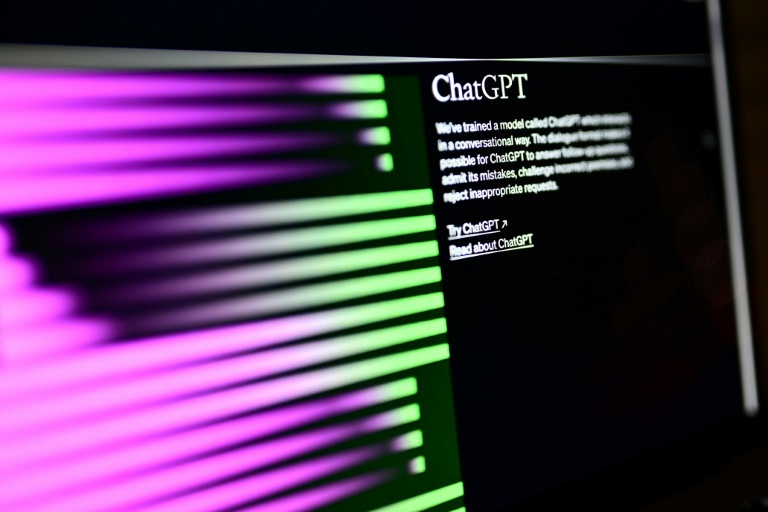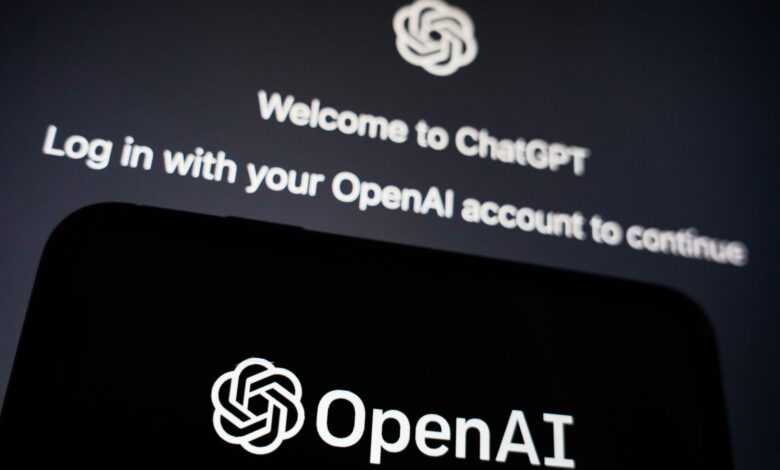By Dr. Tim Sandle
Published April 29, 2023

ChatGPT caused a global sensation when it was released last year for its ability to generate essays, songs, exams and even news articles from brief prompts
ChatGPT offers automatization and potential business gains as well as presenting unique risks. Yet, with the same technology, hackers can use ChatGPT to manipulate victims, carrying out more sophisticated attacks and hence make it harder for users to detect potential cyberattacks.
According to NordVPN research, on dark web forums, the number of threads on ChatGPT rose from 37 to 91 across April, indicating that bot exploitation has become a popular topic among dark web surfers. This leads to the possibility that ChatGPT and social engineering attacks such as phishing, smishing or pretexting, could be on the cards. This is based on the potential for the technology to make things easier to steal valuable information.
These concerns relate to ChatGPT being able to generate convincing dialogues or scripts, and hence carry the potential to manipulate people into revealing confidential information or performing certain tasks.
A related concern is with cyberattacks becoming more sophisticated, since poorly worded emails and grammatical errors can be easily avoided with the use ofChatGPT. This allows people from countries where English is spoken rarely to participate in cybercrimes on a greater scale and achieve higher success rates.
Those with criminal tendencies using the dark web can obtain expertise on such topics as “How to break ChatGPT,” “ChatGPT jailbreak 2.0,” “ChatGPT – progression of malware,” and “ChatGPT as a phishing tool.”
Leaking sensitive information
A different concern is with the security of ChatGPT itself. In March 2023, ChatGPT experienced a data breach. This exposed users’ personal information, such as chat logs and credit card details. Such events prove that using this platform creates high risks to privacy.
This means that any kind of information added to the chatbot may be at risk of being leaked, especially when ChatGPT or other AI-powered tool is used for marketing purposes or writing emails.
Prevention is always cheaper than a breach
There are some important principles to practice in order to protect individuals and businesses. These include:
Educate employees
Social engineering attacks are becoming increasingly sophisticated. Thus, even more attention to employee training is needed.
One of the most effective ways to do that is to organize cyberattack simulation exercise and openly discuss the results.
Have a business resilience plan
Risk assessment is a must for any company, no matter the size or industry. Once a company knows (and acknowledges) its risks, it can be useful to create a plan to:Tackle any challenge that might arise.
Invest in prevention, detection, and threat mitigation.
Establishing quality cybersecurity tools that prevent threats and offer network segmentation, identification, and access management.
Maintaining IDS policies and data integrity checks.
Putting in place clear post-mortem analysis and backup policies.
ChatGPT is provides useful technology helping us automate tasks and increase efficiency. However, as most chatbots are available to everyone, the same goes for bad actors that can use this technology to conduct sophisticated attacks that the human eye can no longer detect.
G7 agrees to promote ‘responsible’ use of artificial intelligence

Tokyo, Apr 30 (EFE).- Digital and technology ministers from the Group of Seven (G7) agreed Sunday to promote a “responsible” use of artificial intelligence (AI) given the progress of this technology and its potential use to undermine democracy and violate people’s privacy.
“Given that generative AI technologies are increasingly prominent across countries and sectors, we recognize the need to take stock in the near term of the opportunities and challenges of these technologies and to continue promoting safety and trust as these technologies develop,” the ministers of the world’s most developed economies said in a joint statement after a two-day meeting in Japan.
“We acknowledge the need for agile, more distributed and multi-stakeholder governance and legal frameworks, designed for operationalizing the principles of the rule of law, due process, democracy, and respect for human rights while harnessing the opportunities of innovation,” they added.
During the meeting held in Takasaki, some 107 kilometers (66 miles) northwest of Tokyo, the ministers also decided to endorse a plan for “an open and enabling environment for AI development and deployment that is grounded in human rights and democratic values.”
The plan urges the members to actively participate in the development of international standards on AI policies and regulations and to promote dialog on issues such as risk assessment.
The digital and technology ministers of the G7 – comprising Germany, Canada, the United States, France, Italy, Japan and the United Kingdom – and the European Union also pledged to promote the construction of more secure and resilient digital infrastructures for developing and emerging economies and to extend secure routes of submarine cables.
“We remain committed to protecting our democratic institutions and values from foreign threats, including foreign information manipulation and interference, disinformation and other forms of foreign malign activity that seek to undermine democracy and the ideals that open societies are founded on,” they added in reference to Russian’s war on Ukraine.
The G7 resolves “to cooperate in making visible and tackling the tactics of digital authoritarianism, and seek to strengthen cooperation in addressing practices such as Internet shutdowns, network restrictions and digital mass-surveillance that violate international human rights law,” the ministers said, a message that seems to be aimed at China, where digital surveillance and other high-tech tools are believed to be used to stifle freedom of expression and violate other fundamental rights and freedoms.
Also present at the meeting were ministers from Ukraine as well as India and Indonesia, which are respectively hosting the meetings of the G20 group, made up of the world’s most developed and emerging economies, and the Association of Southeast Asian Nations this year. EFE
No comments:
Post a Comment